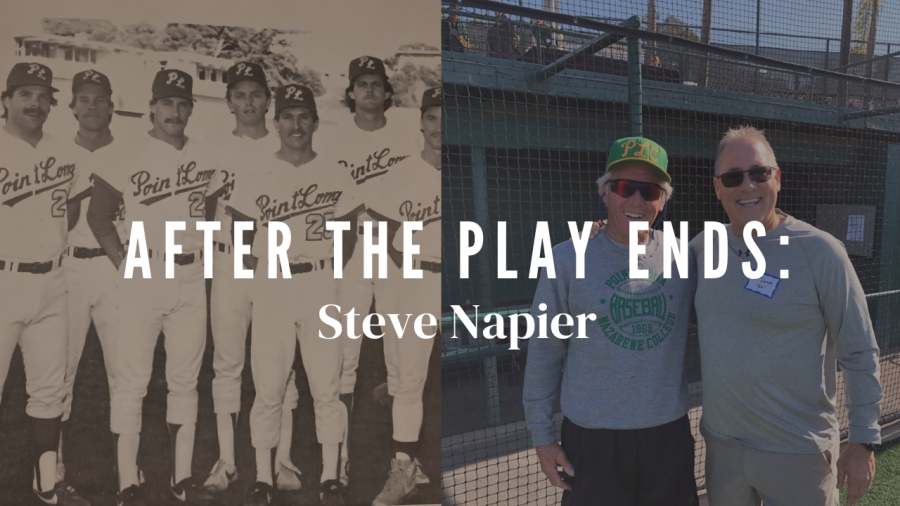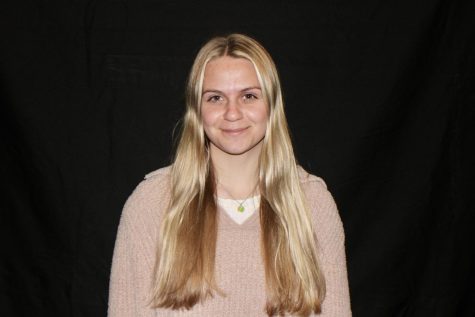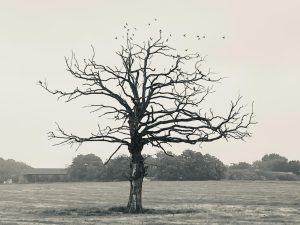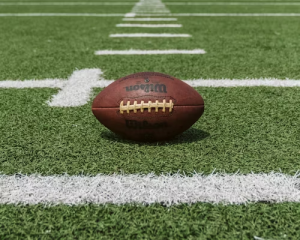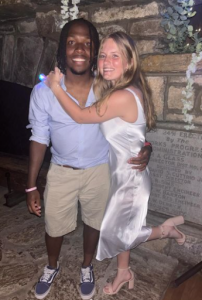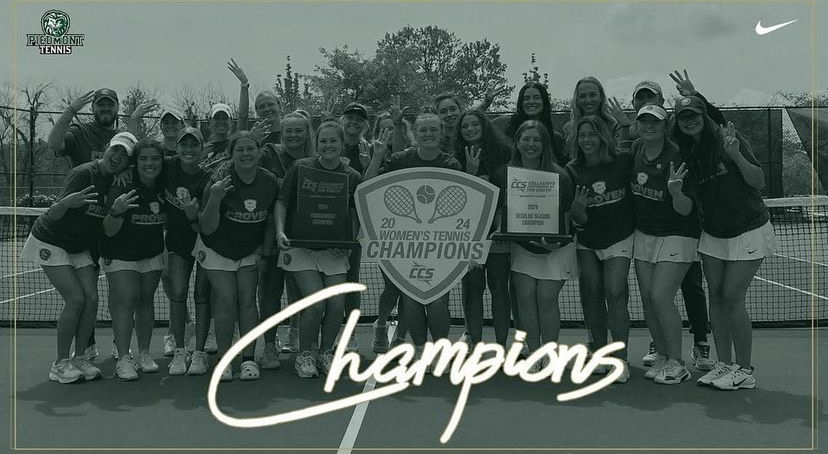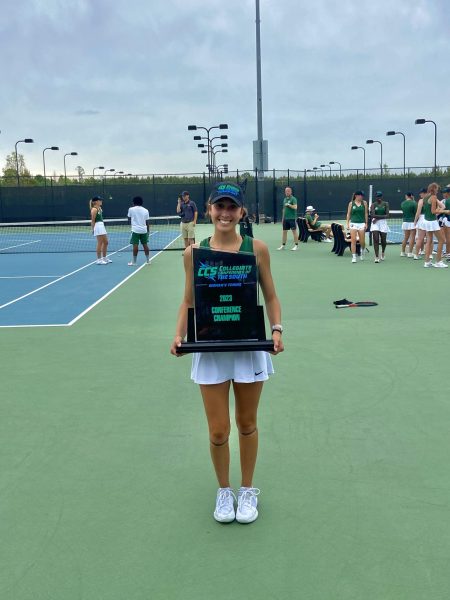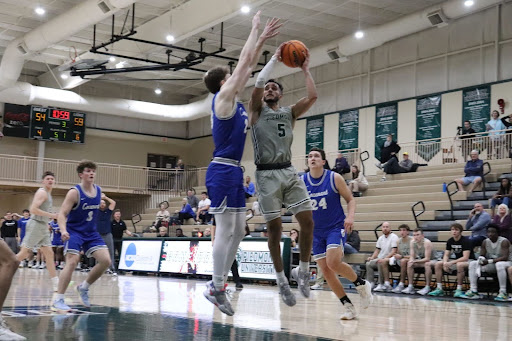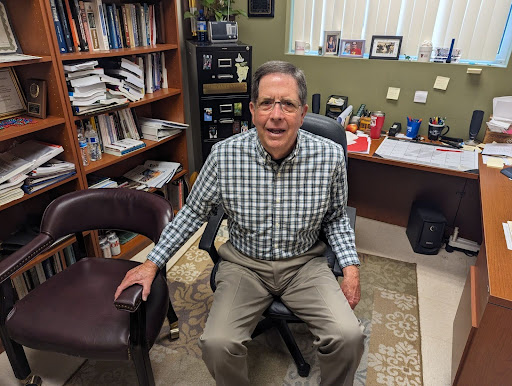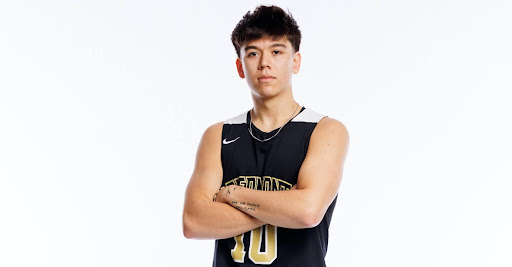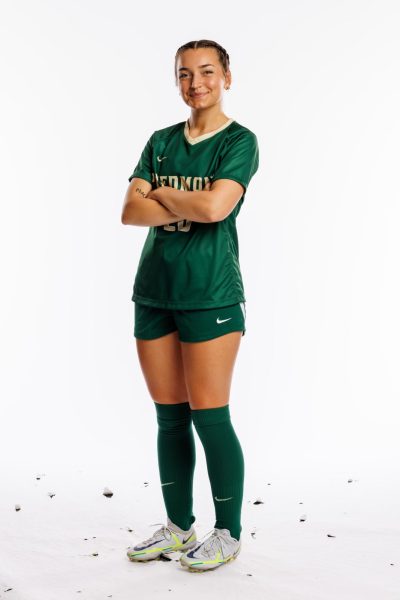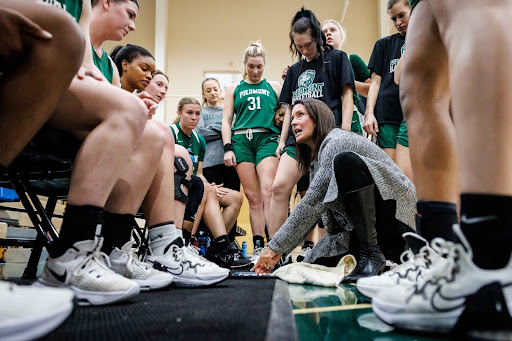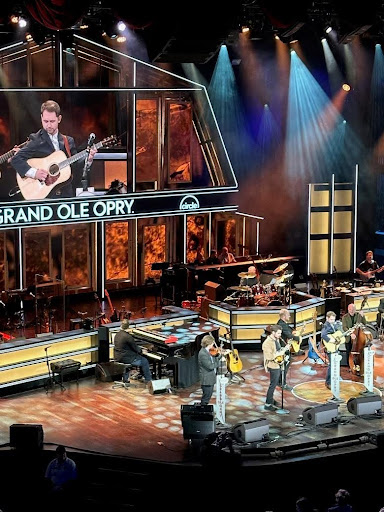After the Play Ends: Steve Napier
April 3, 2023
Ending a sport that an athlete has played for over a decade is already challenging to face, but other aspects including lack of competition, may be a struggle the athlete hadn’t prepared for.
Steve Napier, a retired collegiate baseball player from Point Loma University, recalls his tough transition of no longer being an athlete and the struggles that he faced post-college.
“I wasn’t good enough to go to the pros, so it was time to move on and grow up,” said Napier. “But I still had such a competitive fire within me that I struggled with finding a healthy way to release it.”
Many retired collegiate athletes struggle with various challenges, such as mental health, physical health, or feelings of loneliness. Napier, who had always played sports growing up, was now missing the highly competitive environment that he relied on in his daily life.
“Transferring my drive into the workplace made me realize that not everyone was as competitive as I was,” said Napier. “So, I ended up coming off a little abrasive and had to learn to simmer that side of me down.”
Napier, an education major in college, entered the workforce as a teacher and coach shortly after graduating. He knew he had to find a balance between his competitive spirit and his work life in order to have a successful future.
“Early on, I was a firecracker and always go-go-going,” said Napier. “I learned to balance that side of me better and channel my feelings into other things I loved like watching college football.”
As an athlete, retiring from one’s sport is extremely difficult, but it can become easier if one finds ways to stay connected to athletics. Napier, who loves sports, can watch college football and channel his competitive drive into the game.
“Football season is my favorite time of year,” said Napier. “I really enjoy hanging out in the background, firing up the grill, and watching the games.”
Having an activity or sport to channel one’s energy into can make the transition out of college athletics easier. While Napier has discovered a new love and passion after college, he offers advice to those newly graduating or graduated athletes.
“It’s important to remember that nothing is going to be given to you and that you need to work hard for everything,” said Napier.
Napier, who grew up with the mentality that nothing will get done for you unless you do it yourself, is a firm believer in working hard for everything in life. Napier calls for a change in mentality for graduating athletes to understand that nothing in life is given.
“For 90% of college athletes, you’re done in a few years or months,” said Napier. “Do everything in your power to enjoy your time but go out and get prepared for life.”
Ending the sport one has played for years is no easy feat. However, taking advice and learning from those who have experienced retiring and moving on from their sport may help make the transition easier.
To learn more about Steve Napier’s journey, click the link to his YouTube Zoom series episode.
About the author
Anya Olson is a senior mass communications student in her final semester. For her capstone she has created a Zoom series titled “After the Play Ends: Hanging the Cleats up”. Every week Anya interviews retired athletes and discusses the struggles they’ve faced after their sport ends. “After the Play Ends” is intended to be used as a resource for current athletes who may be struggling with similar topics. For full Zoom series episodes visit this link. For more information on Anya’s capstone check out her capstone Instagram @anyamariemedia

